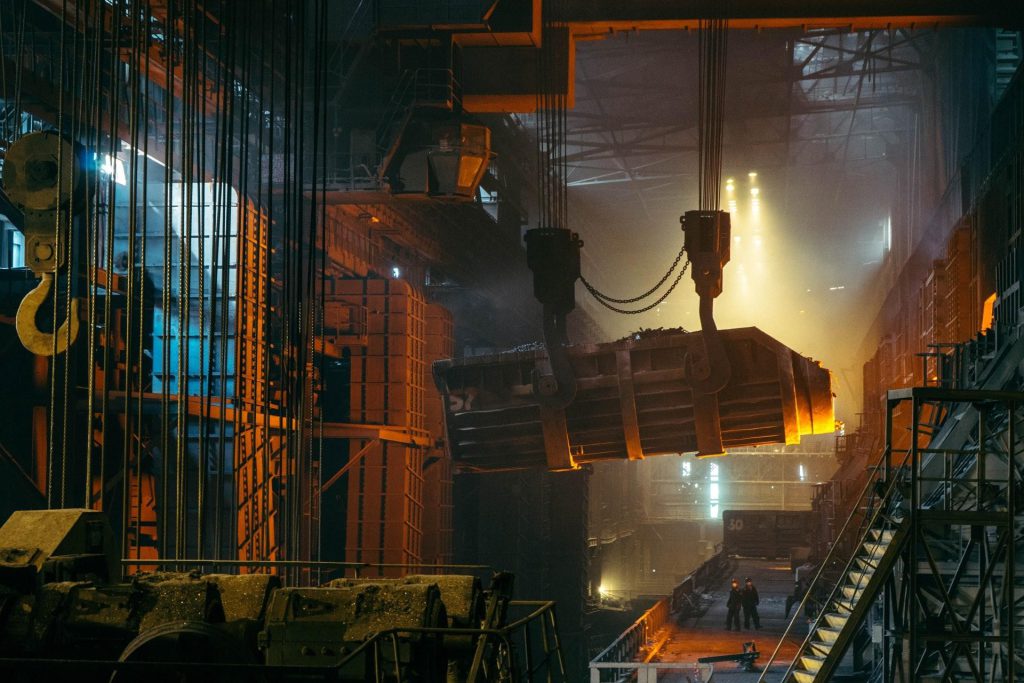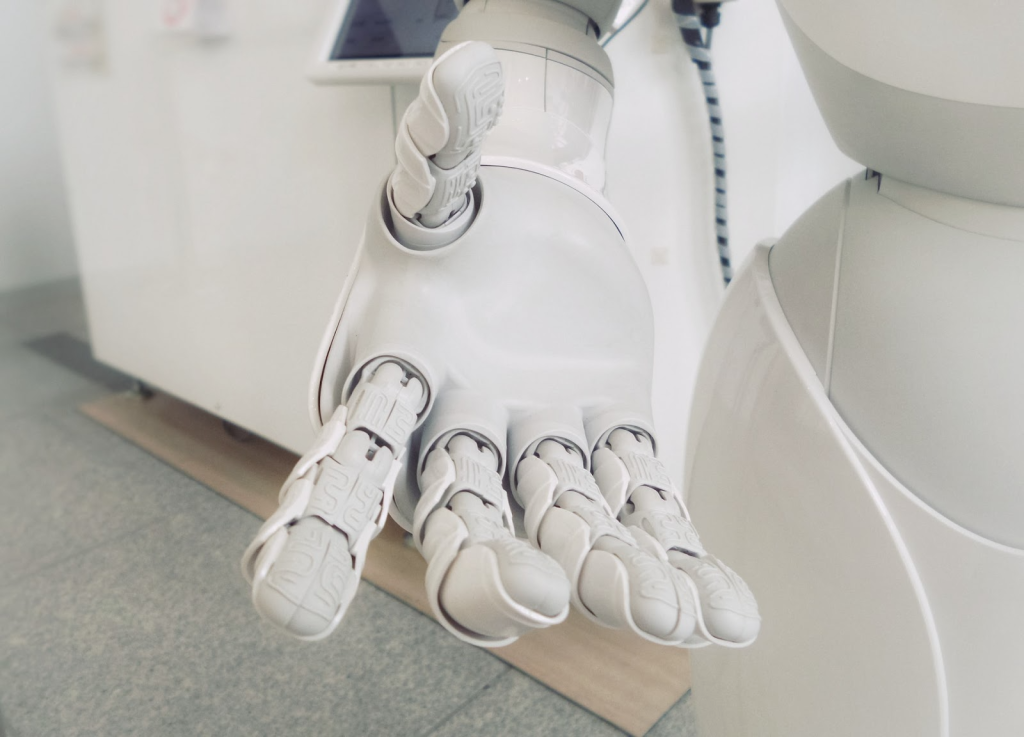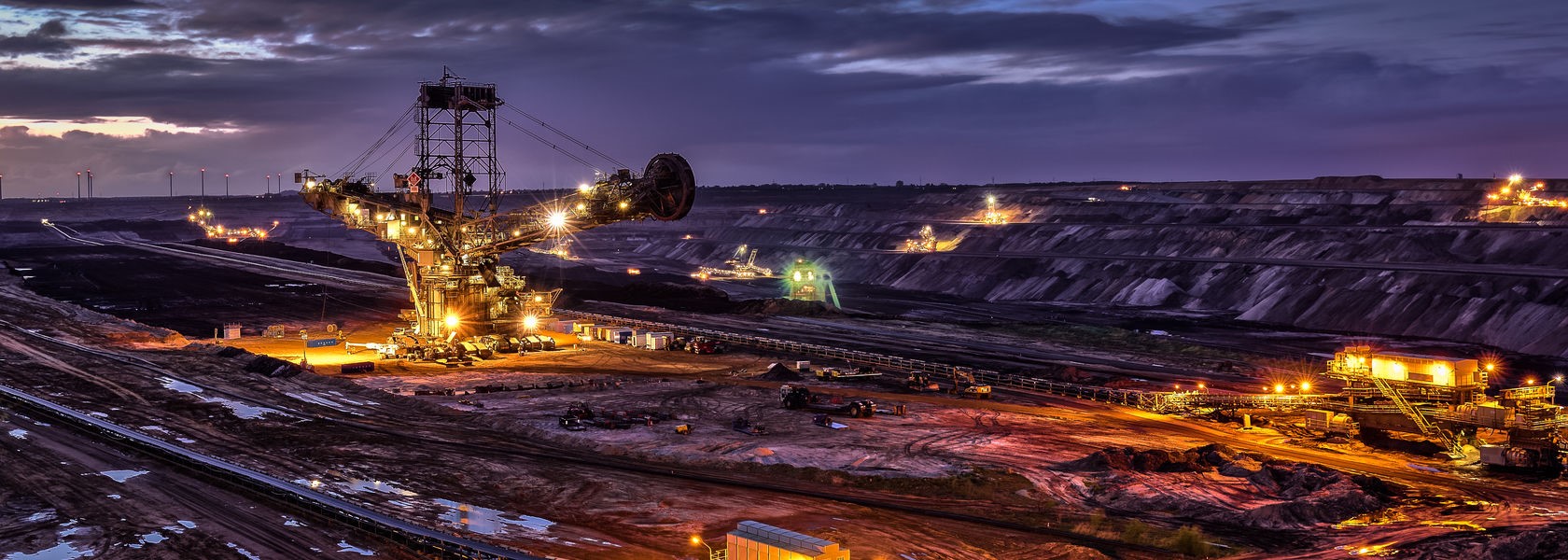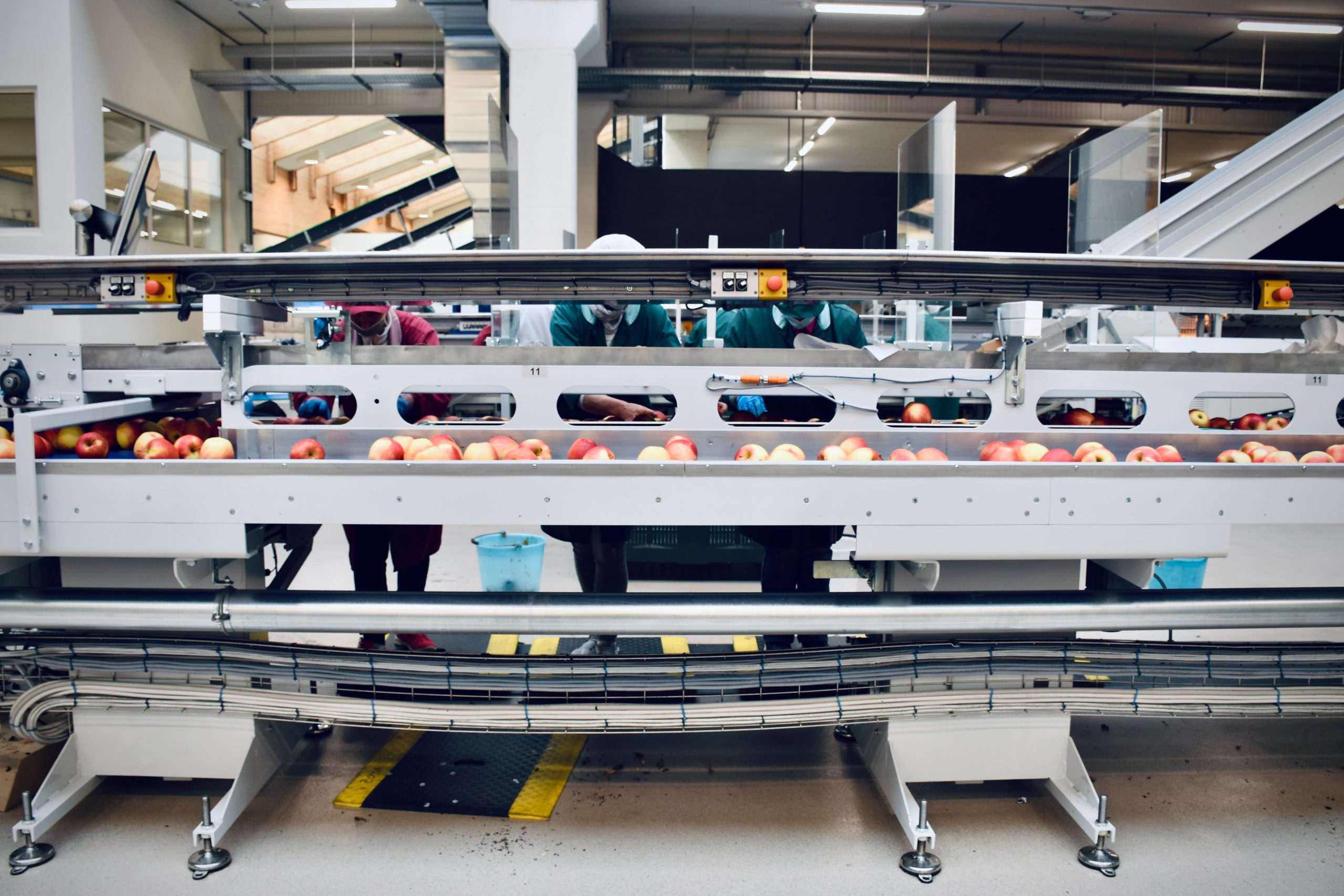
How Can Artificial Intelligence Help You Succeed in the Steel Industry?
Photo by Ant Rozetsky on Unsplash
Although artificial intelligence is a relatively new solution in technology, many businesses are currently using it to get an edge over their competitors. AI has entered numerous fields, including retail, eCommerce, customer service, and advertising. You can develop valuable solutions using this remarkable technology.
Knowledge-based systems drive artificial intelligence, empowering you to create more sustainable working models in the manufacturing field. It also enables you to increase the quality and productivity of your delivered products.
In this post, we want to discuss how you can implement AI in the steel industry. AI is naturally complicated because each process can generate a massive amount of data, and it can provide you with helpful insights if adequately managed. Numerous industrial plant automation field sensors collect the data primarily through the supply chain. Overall, AI has all the information needed to feed production activities.
Why Is AI Important in the Steel Industry?

Photo by Possessed Photography on Unsplash
The steel industry is one of the early adopters of AI technologies and the leader of all heavy industries in improving sustainability and competitiveness in the market. It can be the perfect ground to explore and exploit data.
The steel industry has complicated and multi-physics processes, where you may need help understanding many variables and correlations. In addition to that, environmental conditions play a crucial role in the process and tend to change over time.
You may encounter numerous challenges in the manufacturing process while working in steel industries. First, familiar human operators make the necessary decisions. An operator must complete a comprehensive educational course to be eligible to enter the manufacturing process. On top of that, operators usually need to travel far away from the nodal points, which is unsuitable for the team selection process.
However, you can conduct many processes remotely using personalized strategies based on AI and machine learning solutions.
Data plays a vital role in the context of processes, and it often varies at regular intervals. For example, your manufacturing capacity may decrease in case of a global pandemic, reducing the amount of generated data over time.
AI enables you to create arrangements and modify processes error-free by identifying data deviations trained on historical events.
Why You Should Implement AI in The Steel Industry

Photo by Hitesh Choudhary on Unsplash
Humans can only learn simple everyday activities, but machines can also think in patterns. AI can help you use high-dimensional data from detailed images and mathematical models. Therefore, AI can be beneficial in the steel industry.
Not only can AI comprehend more information than your brain, but it can perform significantly dangerous actions usually done by operators. You can remove operators from risky situations and allow them to work on more productive tasks to add value to your company.
Various fields of engineering widely use artificial intelligence and machine learning. Sometimes, data-driven machine-learning techniques are even used to predict secondary deformation mechanisms in steel manufacturing.
Other examples include data-driven models to predict strip temperature in line heating processes, diagnose the defects of cooling temperature deviation, and classify defects of steel surfaces.
Now let’s consider a scenario to help you better understand the importance of AI in the steel industry.
The Scenario

Photo by Emiliano Vittoriosi on Unsplash
Let’s say you are a steel producer with constant quality problems in your steel coil production processes. You have implemented all the traditional procedures but haven’t achieved your desired results.
The problem is that the coil surfaces are permanently deformed due to multiple minor scratches in the rolling direction of the coil. You need to identify the root cause that led to these defects. While the problem is happening at an uncontrolled pace, you still don’t know the root cause. Unfortunately, your sales have reduced over the past months, and you have to go through reprocessing and scrap handling, which has increased costs.
Now, what can you do to solve this issue?
You must collect the quality and production data and integrate them using AI. Doing so lets you identify the primary data sources inside the production data. After that, you need to make hypotheses based on anomaly detection algorithms and pattern recognition to focus on datasets.
Eventually, you can quickly find the central issue (statistics show that it can be done in the first 7 seconds of the process). You will understand that the root causes of those tiny scratches are the bending force, coiler speed, and the hot roller pinch position. Moreover, production flaws were created because the pinch roller needed to be fully reverted when it was supposed to. Finally, you can significantly reduce the defect rate.
Embrace the Future of Manufacturing

Photo by Clayton Cardinalli on Unsplash
The critical factor that makes AI worthwhile is that it can extract knowledge from data. Although older computers can perform such tasks, more modern machines can learn and perform highly desired actions in different industries.
Humans cannot easily detect data patterns due to their complexity. In the steel industry, AI enables you to reduce operational costs, increase product quality and grow your company’s revenue.
It’s also possible to improve the existing models to predict and estimate events by using advanced analytics and extracting the already captured patterns and information.
You can also implement AI frameworks in your manufacturing process because it’s deeply integrated into the automation systems. Therefore, AI plays a crucial role in the steel industry.
However, the steelmaking industry has particular requirements regarding automation and information technology. Hence, it is hard to implement and spread AI in the field.
Industrial automation machines have numerous complex components in production. Thus, you should know how to extract knowledge from data to turn industrial plants into smart factories.
Let’s Sum Up
Future industry solutions depend on the machinery’s capability to affect processes with self-optimization and independent decision-making strategies. This will lead to safety improvement, transparency, effectiveness, and efficiency. It can also enable you to create autonomous and self-organized management.
By bearing that in mind, you can see that AI implementation in the steel industry can increase the production process capacity and develop the best products. Additionally, you can not only ensure the safety of your workers but of the product itself. Also, it is a cost-effective process that can significantly help you gain a competitive edge in the market.







Responses